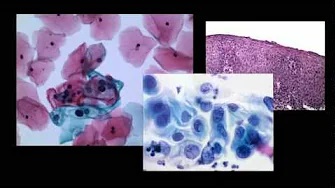Document Type
Article
Publication Date
7-1-2023
Abstract
The mechanical properties, or mechanotypes, of cells are largely determined by their deformability and contractility. The ability of cancer cells to deform and generate contractile force is critical in multiple steps of metastasis. Identifying soluble cues that regulate cancer cell mechanotypes and understanding the underlying molecular mechanisms regulating these cellular mechanotypes could provide novel therapeutic targets to prevent metastasis. Although a strong correlation between high glucose level and cancer metastasis has been demonstrated, the causality has not been elucidated, and the underlying molecular mechanisms remain largely unknown. In this study, using novel high-throughput mechanotyping assays, we show that human breast cancer cells become less deformable and more contractile with increased extracellular glucose levels (>5 mM). These altered cell mechanotypes are due to increased F-actin rearrangement and nonmuscle myosin II (NMII) activity. We identify the cAMP-RhoA-ROCK-NMII axis as playing a major role in regulating cell mechanotypes at high extracellular glucose levels, whereas calcium and myosin light-chain kinase (MLCK) are not required. The altered mechanotypes are also associated with increased cell migration and invasion. Our study identifies key components in breast cancer cells that convert high extracellular glucose levels into changes in cellular mechanotype and behavior relevant in cancer metastasis.
Recommended Citation
Oh M, Batty S, Banerjee N, Kim TH. High extracellular glucose promotes cell motility by modulating cell deformability and contractility via the cAMP-RhoA-ROCK axis in human breast cancer cells. Mol Biol Cell. 2023 Jul 1;34(8):ar79. doi: 10.1091/mbc.E22-12-0560. Epub 2023 May 17. PMID: 37195739; PMCID: PMC10398875.

